In a strategic move preceding its anticipated merger with Honda, Nissan announces the cessation of its AD compact van production by November. This decision reflects efforts to streamline operations and address surplus capacity as the OEMs plan to integrate by 2026.
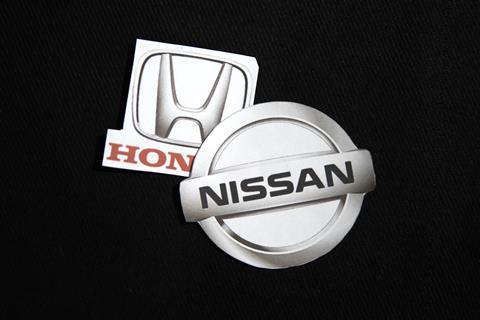
Nissan Motor Company has declared its intention to cease production of the AD compact van by November 2025, in an effort to curtail surplus manufacturing capacity. The development coincides with ongoing merger discussions with Honda Motor Company, aiming to establish a unified entity by 2026.
The AD van, a staple in Nissan’s lineup, accounted for approximately 7,000 of the 150,000 vehicles produced at the Shonan plant in Kanagawa during the 2023 fiscal year. The plant is operated by Nissan Shatai, a subsidiary in which Nissan holds a 50% stake. Notably, Nissan Shatai has yet to announce any decisions regarding potential job reductions following the production halt.
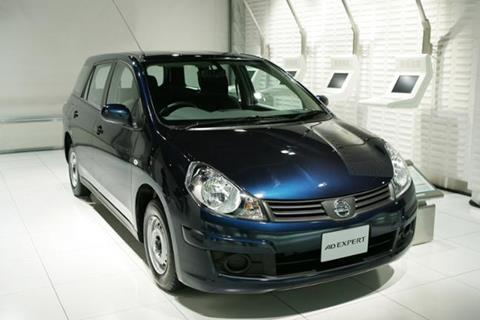
This move aligns with Nissan’s broader strategy to streamline operations amid financial challenges. The company has previously unveiled plans to reduce its manufacturing capacity by 20% and has announced approximately 9,000 job cuts, with about 6,700 positions affected within its production units.
In December 2024, Nissan and Honda signed a memorandum of understanding to explore a merger through the creation of a joint holding company. The proposed merger aims to position the combined entity as the world’s third-largest automaker by sales, trailing only Toyota and Volkswagen. The companies plan to finalise a definitive agreement by June 2025, with the new holding company expected to be listed on the Tokyo Stock Exchange by August 2026.
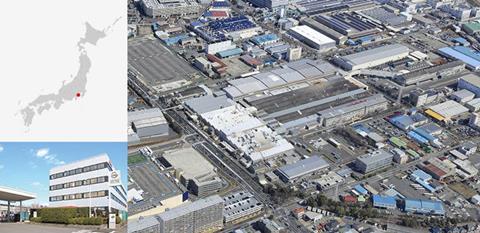
The potential merger is viewed as a strategic response to intensifying competition in the global automotive production market, particularly from electric vehicle manufacturers such as Tesla and emerging Chinese firms like BYD. By consolidating resources and expertise, Nissan and Honda aim to enhance their competitiveness in the rapidly evolving industry.
”Honda has reportedly encouraged Nissan to consider repurchasing part of Renault’s 35.7% stake in Nissan to mitigate foreign influence during the merger talks”

However, the proposed merger has attracted criticism from former Nissan executives. Carlos Ghosn, Nissan’s ex-CEO, remarked, “If this merger takes place… personally I don’t think it’s going to be successful.” He further noted the lack of complementarity between the two companies, stating, “I look at the complementarity between Honda and Nissan and I see none.”
As discussions progress, both companies are expected to navigate complex negotiations, including addressing existing alliances. Notably, Honda has reportedly encouraged Nissan to consider repurchasing part of Renault’s 35.7% stake in Nissan to mitigate foreign influence during the merger talks.
Read more Nissan & Honda Stories
- Honda and Nissan agree to joint research for next-gen SDV platform
- Nissan cuts jobs Mitsubishi stake & reshapes EV strategy: Losses
- Honda grows its North American EV footprint
- Poor financial results and slow EV transition forces Nissan to rethink plans
Automotive production is poised to witness significant transformations as traditional manufacturers adapt to shifting market dynamics and technological advancements.
The outcome of the Nissan-Honda merger discussions will likely have significant implications for global automotive manufacturing, since if successful, the result will be a new vehicle production force (and the third largest in the world).





























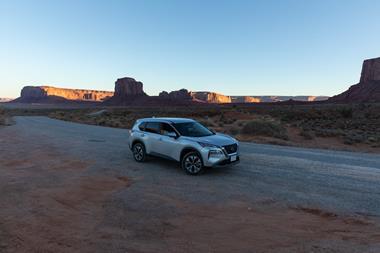
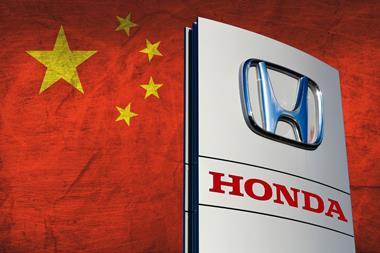

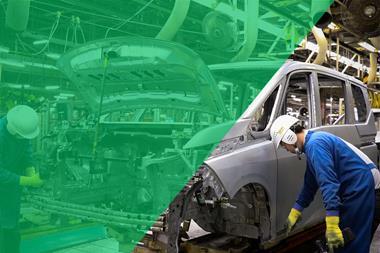
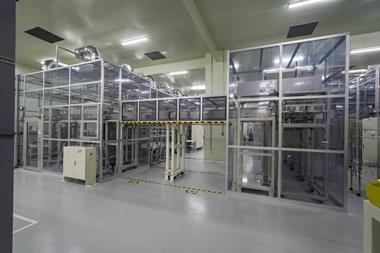
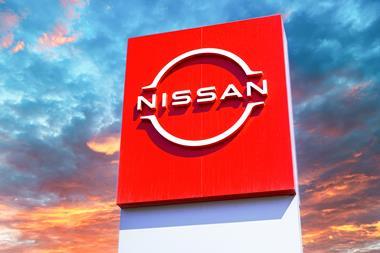



No comments yet